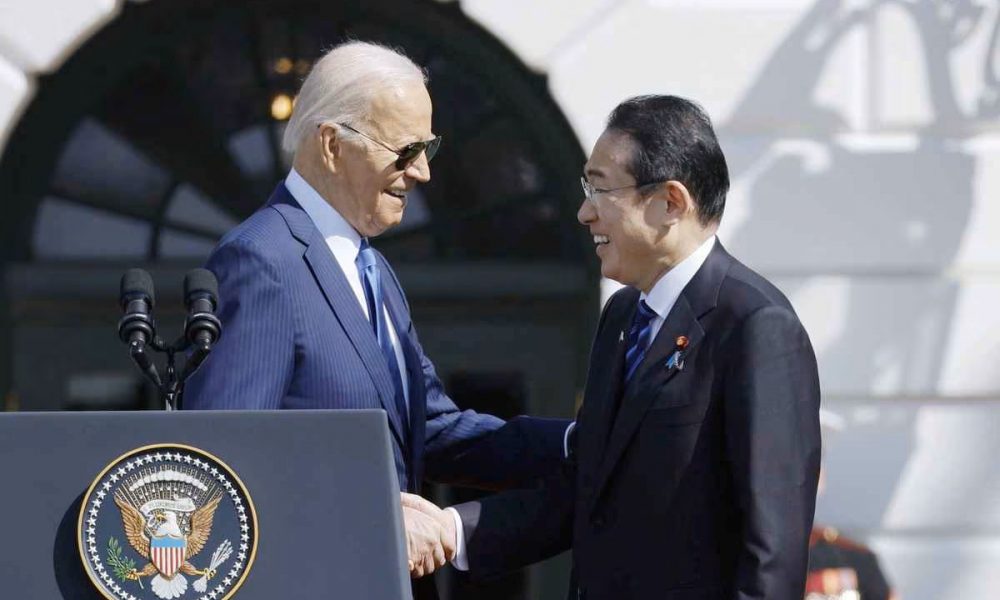
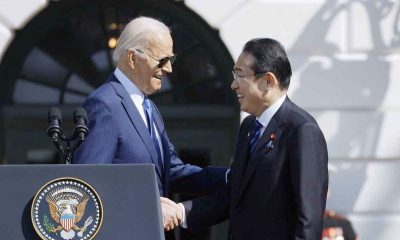

Despite often not being given due credit, Prime Minister Kishida and his administration have realized several transformative economic and security reforms.



Drawing from SpaceJet failures, Japan's aviation plan outlines strong government support, partnering with foreign manufacturers, and public-private cooperation.
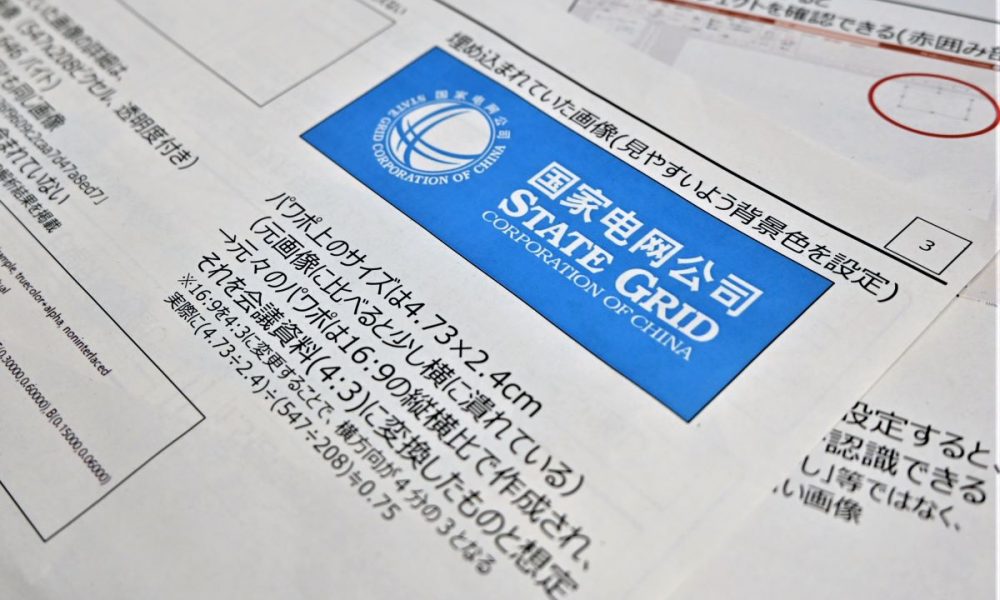
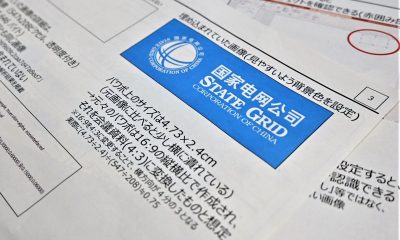

Finding the Chinese logo on Japanese task force documents has raised concerns over the integrity and independence of Japanese and international energy policies.
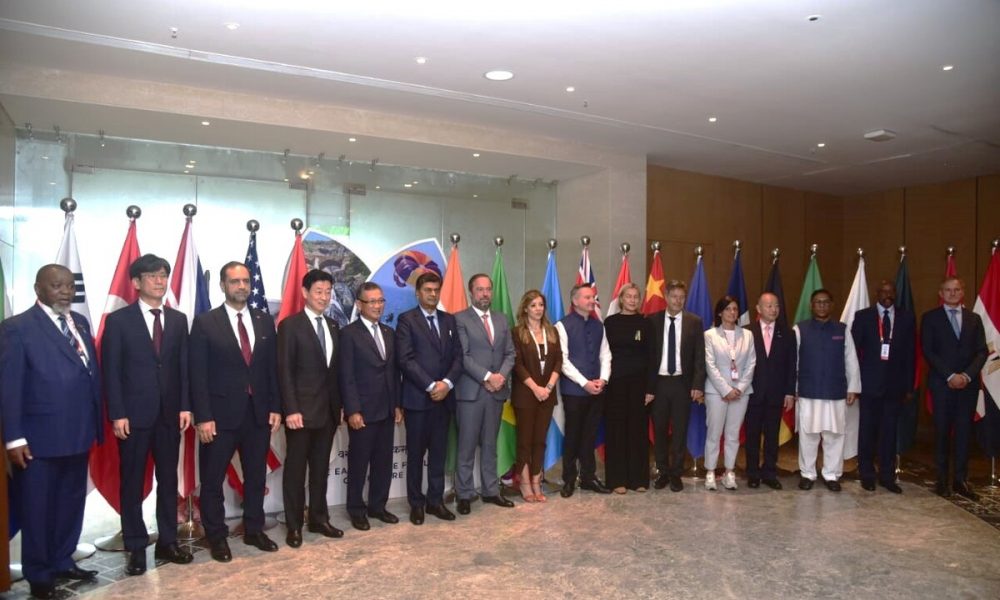
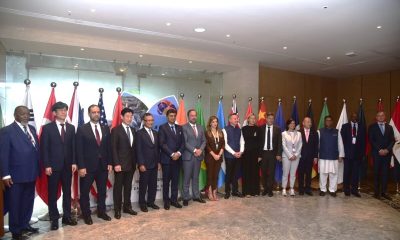

With significant disagreements between G7 nations and the China-Russia camp, the G20 is struggling to show a united front in addressing critical energy issues.
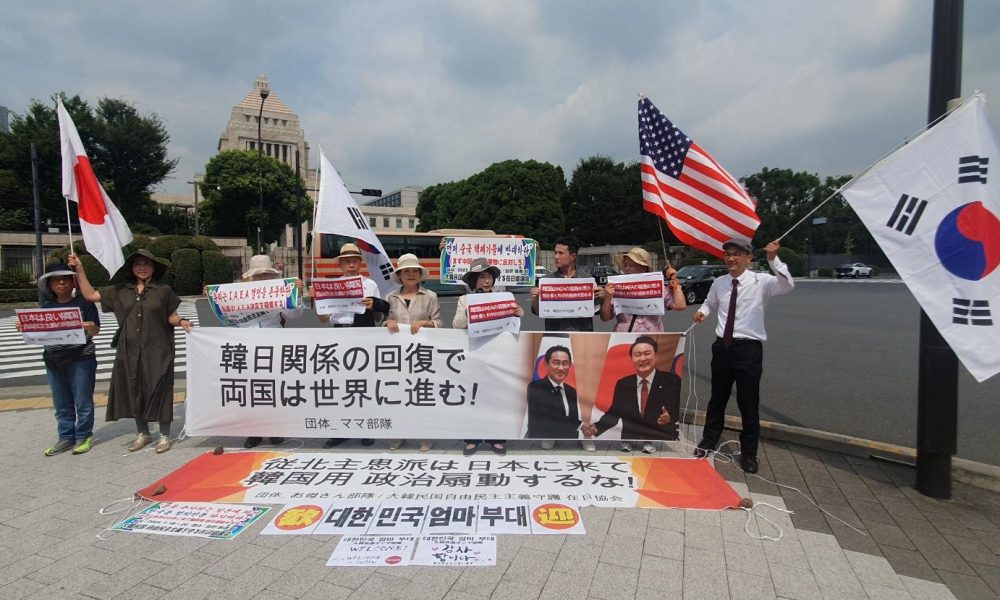
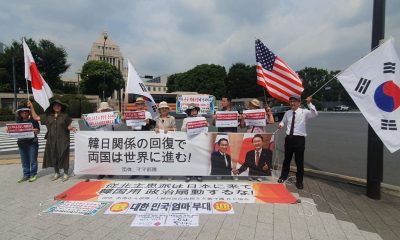

Praising the IAEA report, the South Korean activists asked for information sharing as the discharge begins and that Seoul's experts be allowed to monitor it.
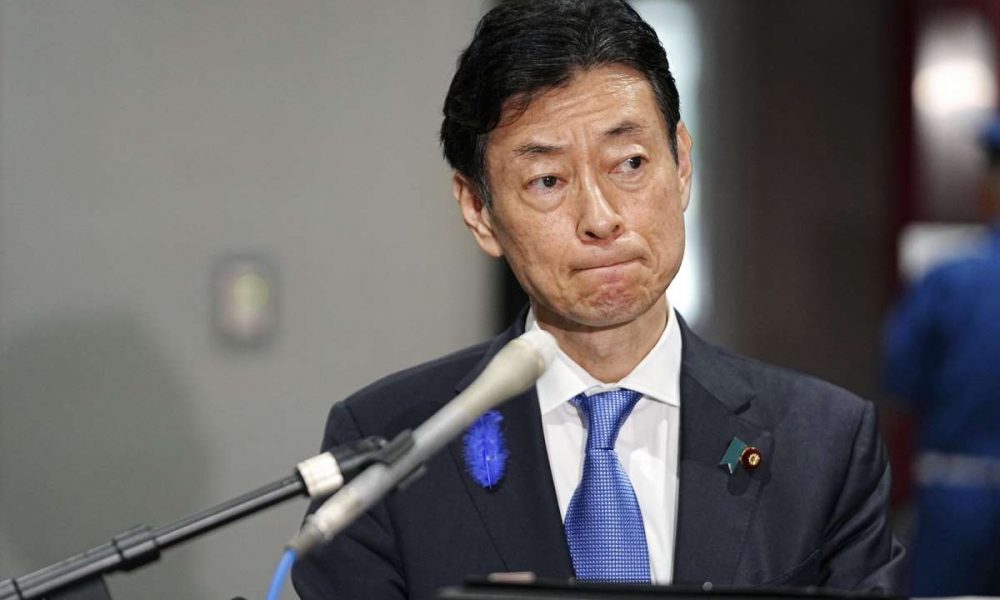
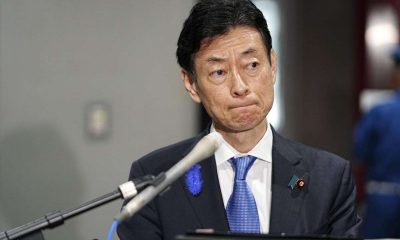

METI Minister Nishimura will also advance proposals for deeper cooperation between Japan and India on startups and clean energy on a trip to the subcontinent.
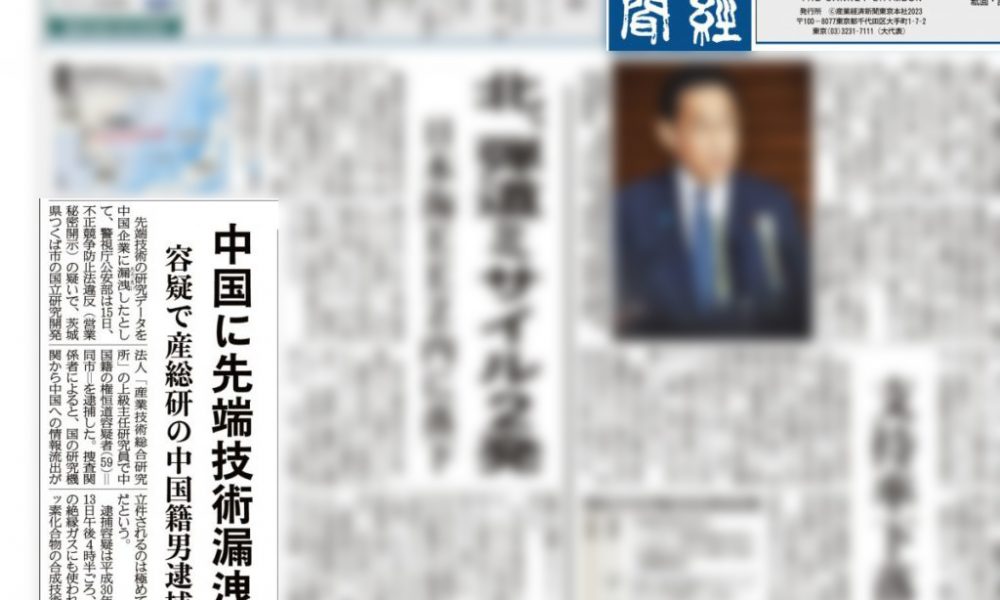
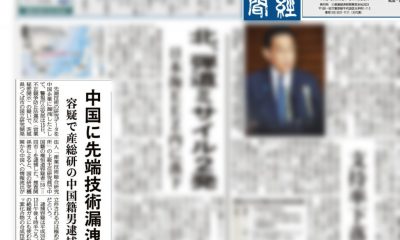

Despite the serious risks associated with technology leaks, Japanese newspapers showed varying levels of urgency in their coverage of the AIST incident.
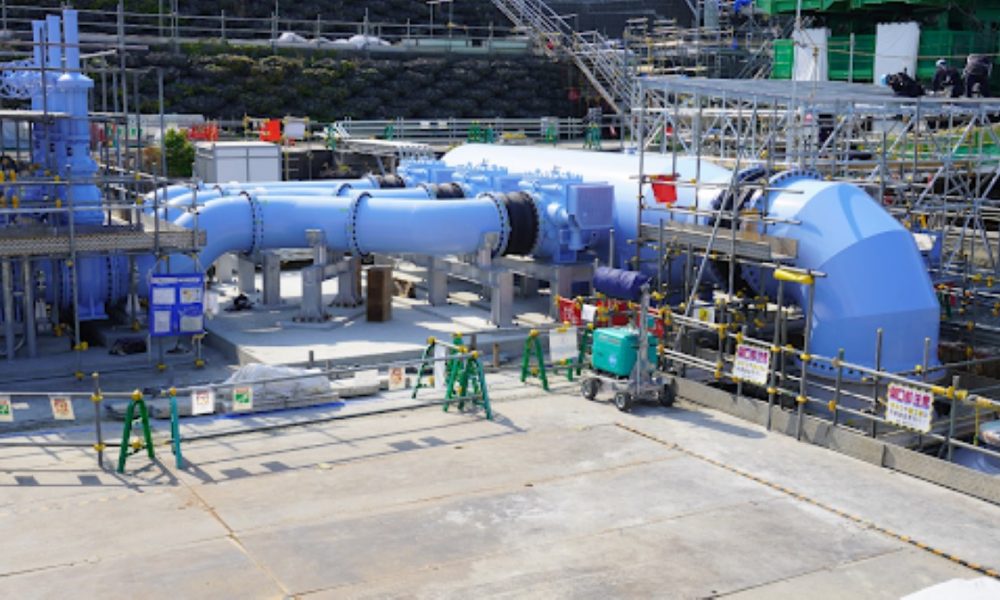
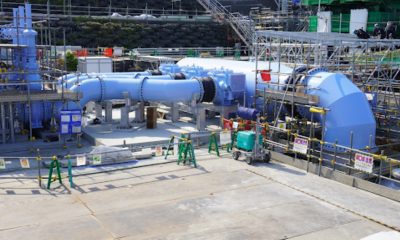

China's Qinshan No 3 Nuclear Power Plant in Zhejiang Province emits roughly 143 trillion Bq of tritium, some 6.5 times more than planned at Fukushima Daiichi.
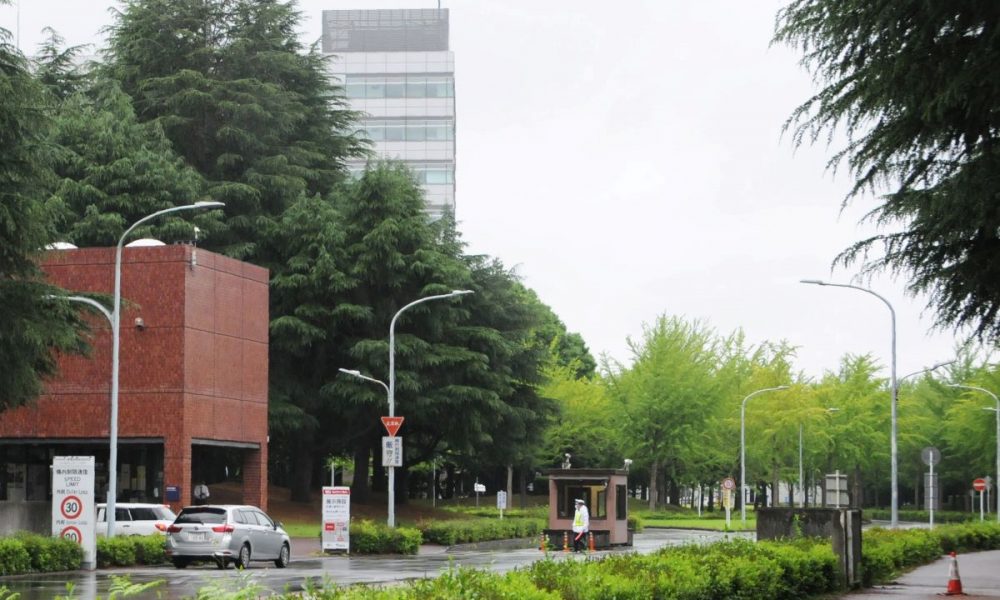
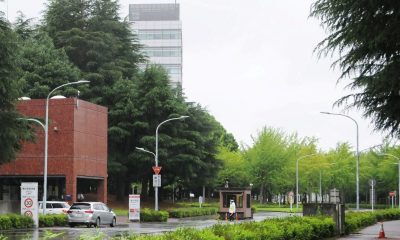

In the face of a Chinese national’s theft, Japan has no law to detect such technology leaks or other espionage and no full-fledged counterintelligence agency.
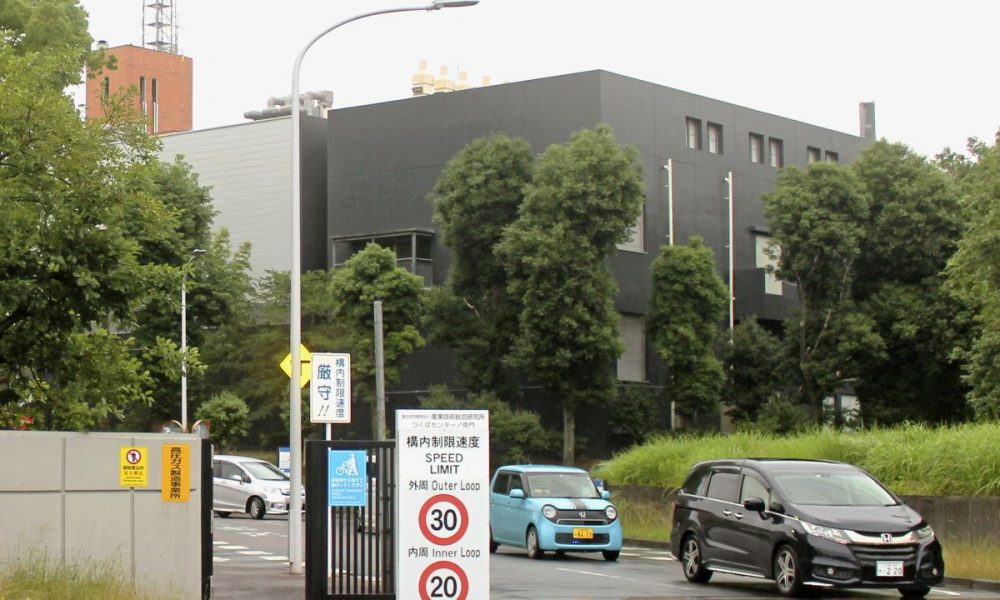
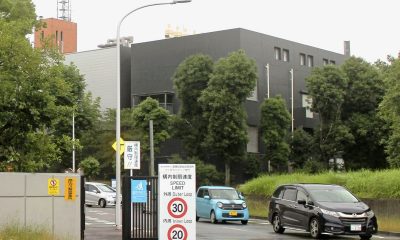

Recent technology leaks have highlighted the need for new recommendations for institutional internal management and information handling protocols in Japan.
Manufacturers of power semiconductors are pumping investments into increased production as the market grows exponentially, piggybacking on decarbonization.
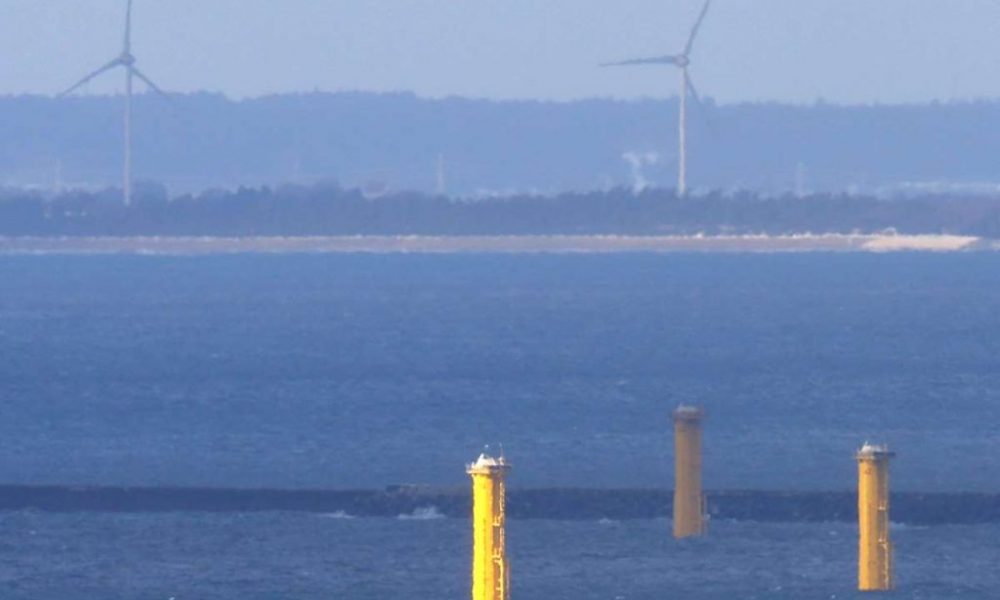
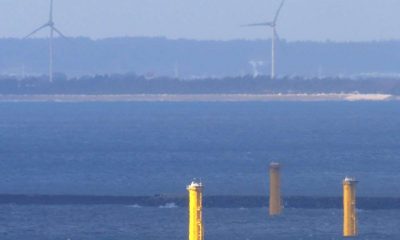

In response to citizens' concerns over onshore wind farm development, Japan is actively promoting offshore wind power, with several projects underway.